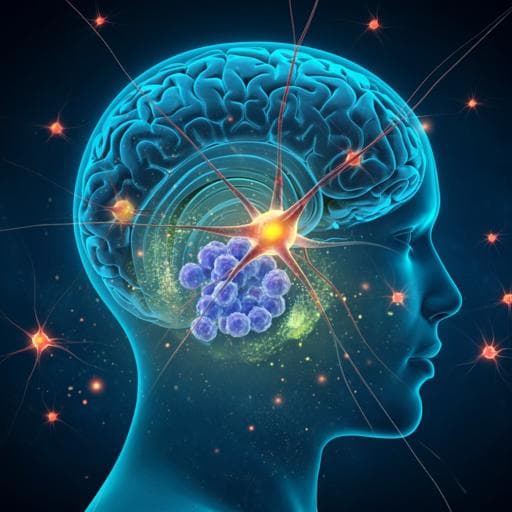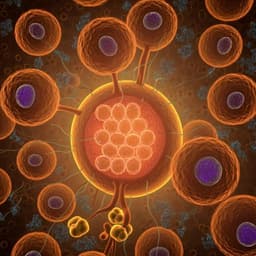
Medicine and Health
Regular exercise ameliorates high-fat diet-induced depressive-like behaviors by activating hippocampal neuronal autophagy and enhancing synaptic plasticity
J. Wu, H. Xu, et al.
This groundbreaking study reveals how exercise can counteract high-fat diet-induced depression in mice by activating neuronal autophagy and enhancing synaptic plasticity through the *Wnt5a* signaling pathway. Authored by Jialin Wu, Huachong Xu, Shiqi Wang, Huandi Weng, Zhihua Luo, Guosen Ou, Yaokang Chen, Lu Xu, Kwok-Fai So, Li Deng, Li Zhang, and Xiaoyin Chen, the findings illuminate new therapeutic potential for improving mental health.
Related Publications
Explore these studies to deepen your understanding of the subject.







